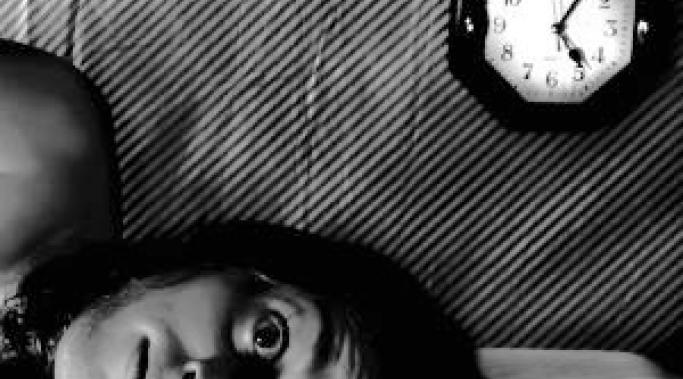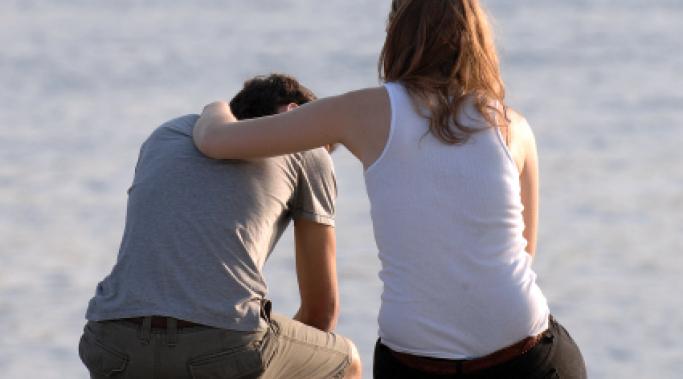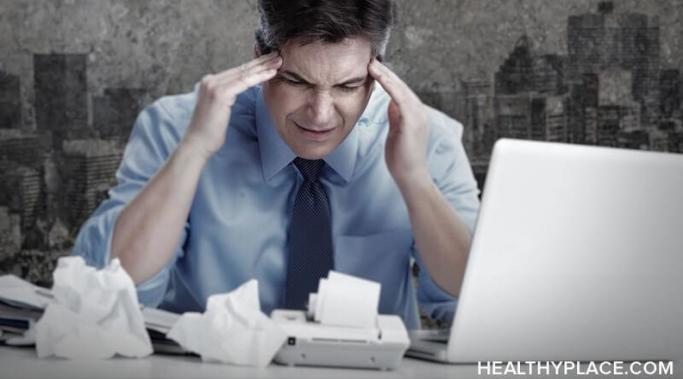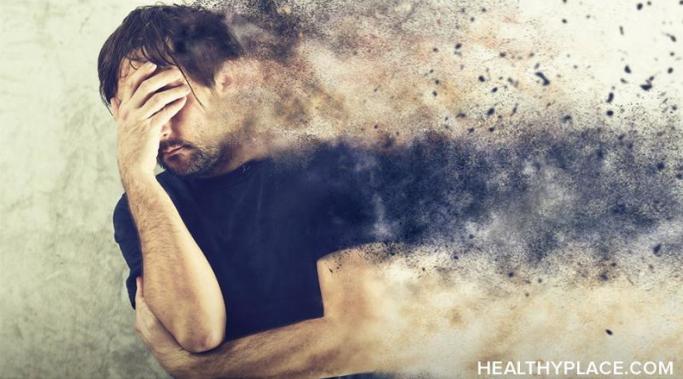Anxiety brings with it a seemingly endless list of struggles and frustrations. A very common frustration and, for me, incredibly bothersome is anxiety’s loud, unrelenting hyperactivity. The feeling of hyperactivity is sometimes related to anxiety's racing thoughts.
Anxiety Symptoms – Anxiety Schmanxiety
Anxiety and sleep problems can have a twisted, rather enmeshed relationship with each other. They each have a similar goal: to make us miserable. They are evil little accomplices on a mission to rule our world. It’s bad enough when just one of them is working its sinister plan within us, but when they join forces and attack us simultaneously, it’s downright miserable.
Separation anxiety - the term often conjures an image of a young child in distress, loudly crying and fiercely clinging to a parent. While that’s not inaccurate, it is incomplete. Separation anxiety disorder affects not just children, but adults; in fact, it actually affects more adults than kids (7% vs. 4%). And while adults typically don’t cling to a loved one, loudly wailing, people experiencing adult separation anxiety disorder (ASAD) do feel a very similar degree of distress at the thought of separation from a loved one.
A few days ago, a friend who lives with generalized anxiety disorder called me while in the throes of a severe panic attack. She had been awake for a couple of days, she was crying, and she was terrified. The first words out of her mouth when I answered were, “This is never going to end.”
If worry and anxiety were the keys to success, I’d be ruler of the world. Success - it means different things to different people. Someone might want to be a multi-bajillionaire by the age of 30. Someone else might want to be able to eat a meal that day. We all have goals around finances or relationships or academics or fitness or health or anything else that people need and desire. With goals inevitably comes anxiety.
Anxiety disorders manifest self-doubt in many ways. Undoubtedly, people living with anxiety disorders know different ways panic and anxiety challenge our lives. So today, I want to speak to the non-sufferer who does not understand. Loved ones need to know what anxiety disorders, and the massive amount of self-doubt they create, do to a person.
When people know my diagnosis of bipolar and anxiety disorders — and given my line of work, most do — they tend to assign all of my actions to said diagnosis. Confrontation and disagreement, as an example, turn into signs that I am escalating to a manic state state or having an anxiety or panic attack. But anxiety disorder and confrontation don’t exactly go hand in and hand.
When I am having a panic attack, I have a medication I take to help me calm down. I carry these prescribed pills with me and keep a supply in my house and car. I only take this medication when I am positive a panic attack is occurring. It is an acute treatment, not a daily regimen. As you’d expect, the panic and anxiety medication has side effects.
I am a strong person, physically. At six-foot-three inches tall and 250 pounds, most people wouldn't waste their breath arguing that assertion. And, whether because of, or in spite of, my bipolar and anxiety diagnoses, I consider myself to be strong mentally, as well. I am intelligent, accomplished, likeable, and successful.
Despite the mountains of evidence of this, my brain works diligently to convince me that every interaction I have with another person is a misstep. If I text someone and they don’t reply back, it is obvious they are mad at me. If someone doesn't answer the phone when I call, say hello when they pass by, or reply to my email, then my mind goes into what can only be described as an emotional roller coaster.
Mindfulness is an amazing tool for all types of anxiety. Except when it isn't. Wait. What? Mindfulness is touted, rightly so, for its ability to lower blood pressure, reduce the amount of stress hormones in the blood, relax tense muscles, quiet racing thoughts, and soothe roiling emotions. Experts from all disciplines, from the sciences to the spiritual, offer solid evidence of the ability of mindfulness to decrease anxiety. Yet there are times when it does more harm than good. What do we do then?








